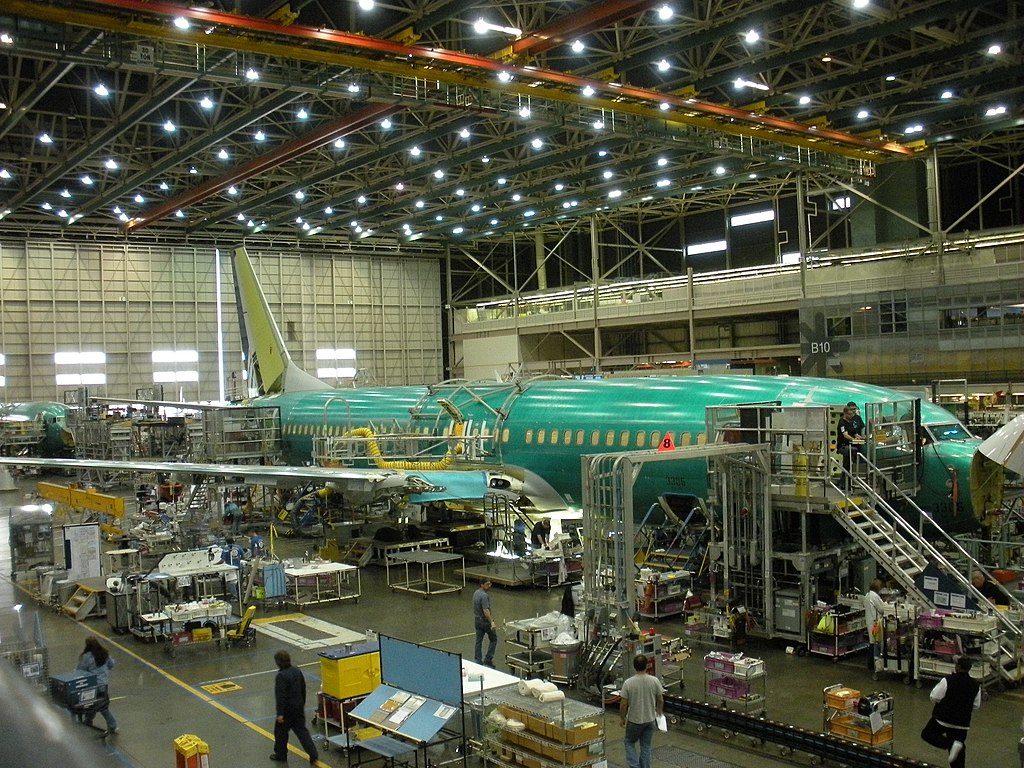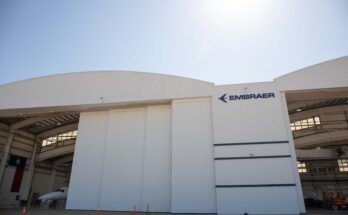
Boeing has withdrawn its request for an exemption to regulations that mandate design changes to the 737 MAX 7 engine nacelle inlet structure and engine anti-ice system prior to certification by the Federal Aviation Administration, according to Reuters.
The aircraft’s existing anti-ice system can overheat and damage the aircraft’s engine nacelle if it is used for longer than a short time outside of icing conditions. The heat produced by the system is hot enough to cause failure of the engine inlet inner barrel, potentially causing the engine to disintegrate and eject material at high speed. The nacelle covers the engine and is designed to contain debris that can punch through the fuselage and endanger passengers and aircraft systems during an engine failure.
Boeing expected to have a fix in place by 2026, but the fallout of two fatal crashes years ago and ongoing quality issues at the manufacturer have made both the Federal Aviation Administration and some members of Congress wary of giving Boeing any leeway on a safety feature on the MAX family.
Boeing’s decision to withdraw its request for an exemption places its certification schedule for the MAX 7 and MAX 10 into doubt. Boeing will now need to implement required design changes prior to certification rather than after the aircraft is in commercial service as it once planned.
Southwest Airlines and United Airlines are the biggest customers for the MAX 7 and MAX 10, respectively. Southwest is unlikely to cancel its order for the MAX 7 because it flies an all-Boeing fleet, management at United Airlines is reported to be in talks with Airbus about placing an order for the A321neo model to replace the MAX 10 in its fleet plans.
A lifelong aviation enthusiast, Douglas Royce is currently co-editor of four of Forecast International's Market Intelligence Services: Civil Aircraft Forecast, Military Aircraft Forecast, Rotorcraft Forecast, and Aviation Gas Turbine Forecast. As such, he plays a key role in many important projects that involve market sizing and forecasting for various segments of the world aerospace industry, as well as demand for related systems.




